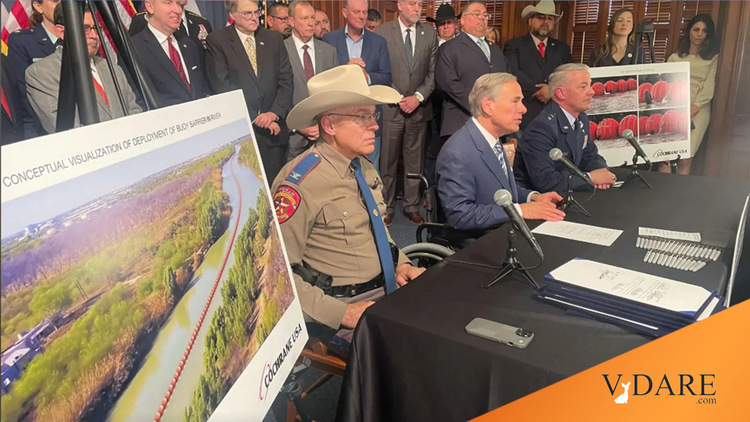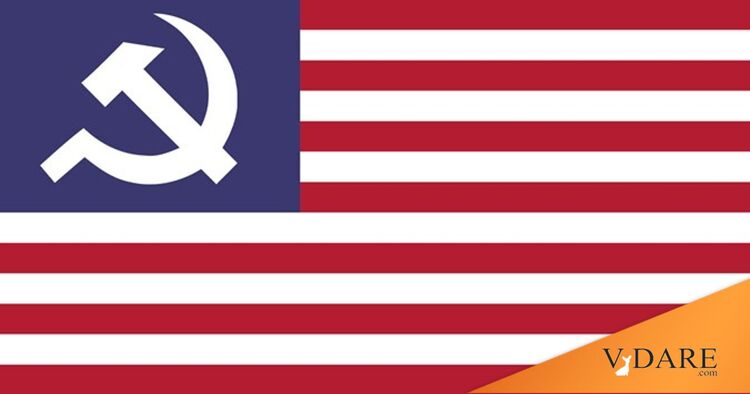Why It’s Time to End Speculation About Race in Genomics
Genomic technology makes it possible to stop using science to make the case for the superiority or inferiority of any race, Harvard scholars David Altshuler and Henry Louis Gates Jr. argue in an incisive piece at the Wall Street Journal.
BY: DAVID ALTSHULER AND HENRY LOUIS GATES JR. Posted: June 8 2014 1:25 PMThat seems to be the more highbrow fallback position: Wade admits (prominently) that chapters 6 to 10 are “speculative,” and we all know speculation isn’t Science!
Of course, as F. Scott Fitzgerald suggested, the crucial test of a first rate mind is to not get stumped when we run into the common pattern that good things tend to be a blend of seeming opposites. For example, scientific progress needs both reliable facts and speculation. Thus, to “end speculation” is to end the advance of science (which may be the point).
That’s not an original insight. One of the more important exchanges of letters in scientific history was between naturalists Alfred Russel Wallace and Charles Darwin in 1857-58. In 1857 the younger Wallace, on a collecting trip in Southeast Asia, wrote the better-known Darwin about his still evolving ideas on evolution. Darwin gave the reply below encouraging Wallace to speculate, with epochal consequences.
(Early in 1858, Wallace independently conceived of the mechanism of natural selection, which Darwin had been working on since the 1830s, and dispatched to Darwin an essay entitled “On the Tendency of Species to form Varieties.” Darwin’s friends arranged for a joint reading of Wallace’s essay and a couple of pieces by Darwin establishing his priority at a scientific meeting on July 1, 1858, which Darwin followed up in 1859 with his big book on The Origins of Species. (Wallace, who strikes me as one of the saintlier men in scientific history, was always a good sport about it.)
Here’s part of Darwin’s 1857 response to Wallace:
Darwin, C. R. to Wallace, A. R. 22 Dec 1857Down Bromley Kent.
Dec. 22/57
My dear Sir
I thank you for your letter of Sept. 27th—f1 I am extremely glad to hear that you are attending to distribution in accordance with theoretical ideas. I am a firm believer, that without speculation there is no good & original observation. Few travellers have <at>tended to such points as you are now at work on; & indeed the whole subject of distribution of animals is dreadfully behind that of Plants.— You say that you have been somewhat surprised at no notice having been taken of your paper in the Annals:f2 I cannot say that I am; for so very few naturalists care for anything beyond the mere description of species. But you must not suppose that your paper has not been attended to: two very good men, Sir C. Lyell & Mr E. Blyth at Calcutta specially called my attention to it.f3 Though agreeing with you on your conclusion<s> in that paper, I believe I go much further than you; but it is too long a subject to enter on my speculative notions. …… You ask whether I shall discuss “man”;—I think I shall avoid whole subject, as so surrounded with prejudices, though I fully admit that it is the highest & most interesting problem for the naturalist.— My work, on which I have now been at work more or less for 20 years, will not fix or settle anything; but I hope it will aid by giving a large collection of facts with one definite end: I get on very slowly, partly from ill-health, partly from being a very slow worker.— I have got about half written; but I do not suppose I shall publish under a couple of years. I have now been three whole months on one chapter on Hybridism!f11
I am astonished to see that you expect to remain out 3 or 4 years more:f12 what a wonderful deal you will have seen; & what interesting areas,—the grand Malay Archipelago & the richest parts of S. America!— I infinitely admire & honour your zeal & courage in the good cause of Natural Science; & you have my very sincere & cordial good wishes for success of all kinds; & may all your theories succeed, except that on oceanic islands, on which subject I will do battle to the death
Pray believe me. | My dear Sir | Yours very sincerely | C. Darwin [Bold highlighting mine]











